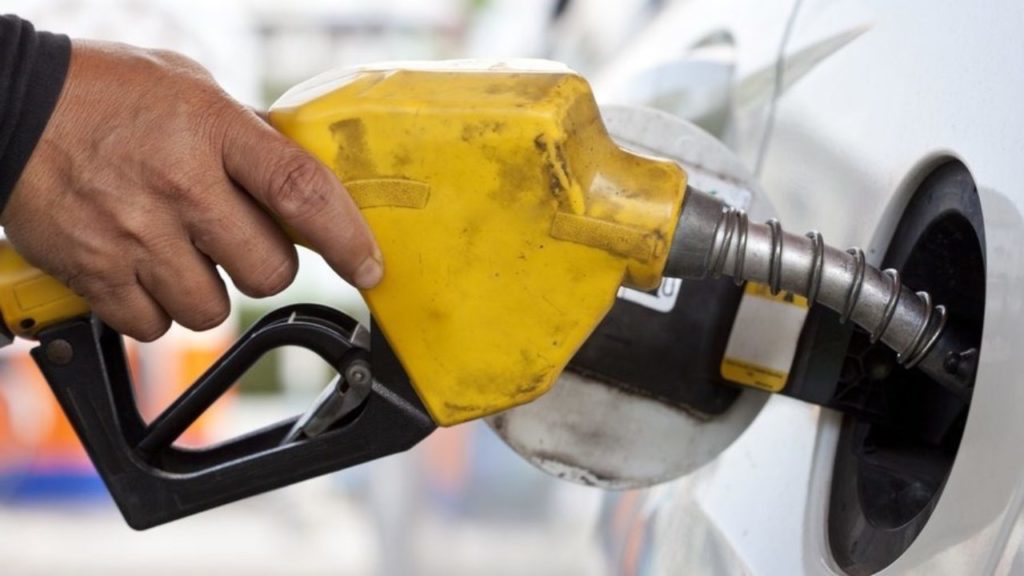Petrol Price Increased To Rs 420/Litre In This Country; Diesel Becomes Rs 400/Litre!

On Tuesday, the fuel crisis-hit Sri Lanka while raising the petrol price by 24.3 percent and diesel by 38.4 percent.
Massive Rise In Fuel Prices
This is reported to be a record hike in fuel prices amidst the country’s worst economic crisis caused by the shortage of foreign exchange reserves.
Also, it is said to be the second fuel price hike since April 19.
With this update, now the most-used Octane 92 petrol would cost 420 rupees (USD 1.17) and diesel 400 rupees (USD 1.11) a liter, marking an all-time high.
How Did This Happen?
The state fuel entity, Ceylon Petroleum Corporation (CPC) has taken the decision to raise the Octane 92 petrol price by 24.3 percent or 82 rupees and diesel by 38.4 percent or 111 rupees per liter.
While giving information about the revision, the Power and Energy Minister Kanchana Wijesekara said, “Fuel Price will be revised from 3 am today. Fuel pricing formula that was approved by the Cabinet was applied to revise the prices,” on Twitter.
Further adding, “Price revision includes all costs incurred in importing, unloading, distribution to the stations, and taxes”.
He said, “The Cabinet also approved the revision of transportation and other service charges accordingly. The formula will be applied every fortnight or monthly,”.
This decision to hike the fuel prices came as the public continues to suffer in long queues at fuel stations hit by shortages.
Meanwhile, the Sri Lankan subsidiary of India’s oil major Indian Oil Corporation, Lanka IOC has also raised the retail prices of fuel.
Confirming the same, the CEO of LIOC, Manoj Gupta said, “We have raised our prices to match the CPC,”.
Hike Affecting Whole System
This raise will also affect the whole system as the auto-rickshaw operators said that they would raise the tariff to 90 rupees per the first kilometer and 80 rupees for the second onwards.
Now, the government announced that the heads of institutions would be given the discretion over which employees would be essential to report physically in order to mitigate the costs.
While the rest are allowed to work from home.
The country has been mulling different options to facilitate measures to prevent fuel pumps from going dry.
The country is facing a severe foreign exchange crisis to pay for its imports.
It appears that the island nation is grappling with an unprecedented economic turmoil, the worst since its independence from Britain in 1948.
With this update the country is struggling with a shortage of almost all essentials, due to the lack of dollars to pay for the imports.
This economic crisis has also triggered a political crisis in Sri Lanka and a demand for the resignation of President Gotabaya Rajapaksa.

Comments are closed, but trackbacks and pingbacks are open.